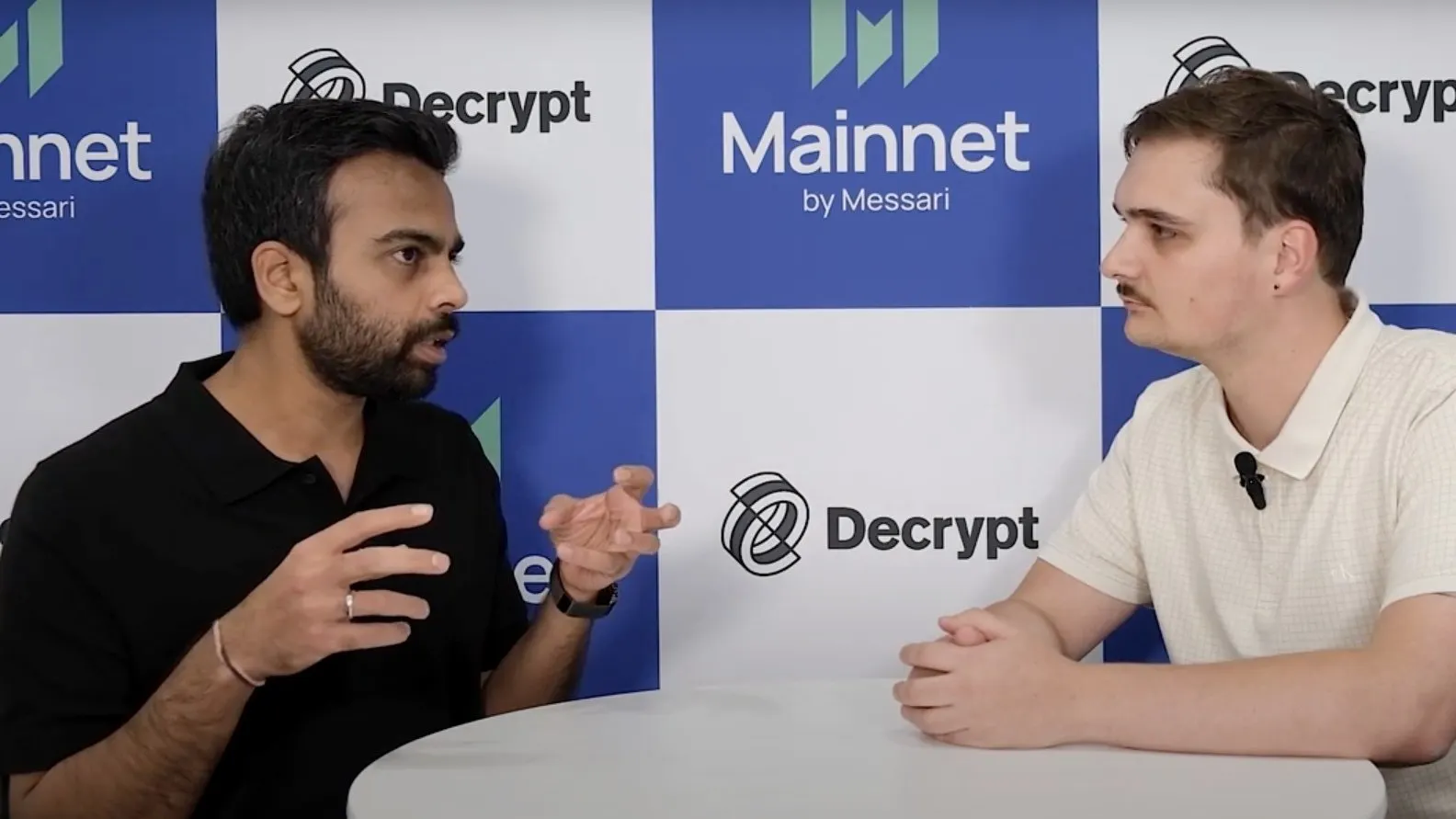As lawmakers attempt to button up crypto with new rules worldwide, a 1% Tax Deducted at Source (TDS) in India has stifled certain traders en masse, illustrating how some regulatory tailoring may be needed, according to Shardeum Co-Founder and President Nischal Shetty.
Effectively asking crypto traders to set aside 1% of every transaction for tax purposes, Shetty told Decrypt at Messari Mainnet that the TDS has presented substantial challenges to high-frequency trading firms and everyday traders, despite appearing to be a tiny carveout.
“If you're a high-frequency trader, you can't afford to lose a percentage every time you sell,” he said. “That's something that's caused a lot of issues.”
High-frequency trading (HFT) is one of many strategies at a financial institution's disposal, but it showcases market strategies at their most advanced. Using algorithms that analyze data and conduct trades in fractions of a second, HFT can turn small opportunities into lucrative gains across millions of trades and a plethora of assets.
But for institutions in India, Shetty said a 1% TDS can make bear markets especially perilous. At a time when margins are already razor thin, the tax essentially places HFT firms at a disadvantage. As a result, Shetty described HFT with crypto as rare in India.
Shetty added that a 1% TDS is not necessarily a bad thing for the average retail trader, who may purchase and hold tokens for six months to a year. And he cited fresh guidelines on know-your-customer (KYC) requirements in India as evidence of progress.
When it comes to crafting crypto regulations, Shetty said that lawmakers in India have primarily focussed their attention on protecting consumers, with a push to reign in businesses like exchanges. However, the impact of a 1% TDS on crypto transactions speaks to the challenges of what appears to be a one-size-fits-all regulatory approach.
“I wouldn't say it's been all amazing—but it's also not been all bad,” Shetty said. “India is a few years behind. But India has been taking steps toward regulation.”
Shetty said that crypto adoption trends among retail investors in India have lagged behind the U.S. by two to three years, identifying 2018 as the year regulators in the region rolled up their sleeves. Still, the country has made crypto moves on the global stage of late.
India’s Prime Minister Narendra Modi called for global crypto regulations in August ahead of the G20 summit in New Delhi. Aside from ensuring that crypto rules and regulations aren’t controlled by a single country, he said the conversation should go “beyond financial stability to consider its broader macroeconomic implications, especially for emerging markets.”
From Shetty’s point of view, global crypto regulations make perfect sense. And he said it’s notable that India is taking a collaborative approach to regulation as its own rules become more developed.
“India has been very vocal about regulations not working in isolation,” he said. “You need to have regulations that are globally accepted. And that's something that India has been pushing for, which is great.”

